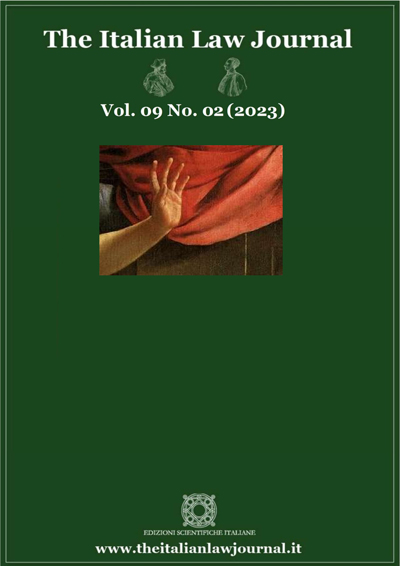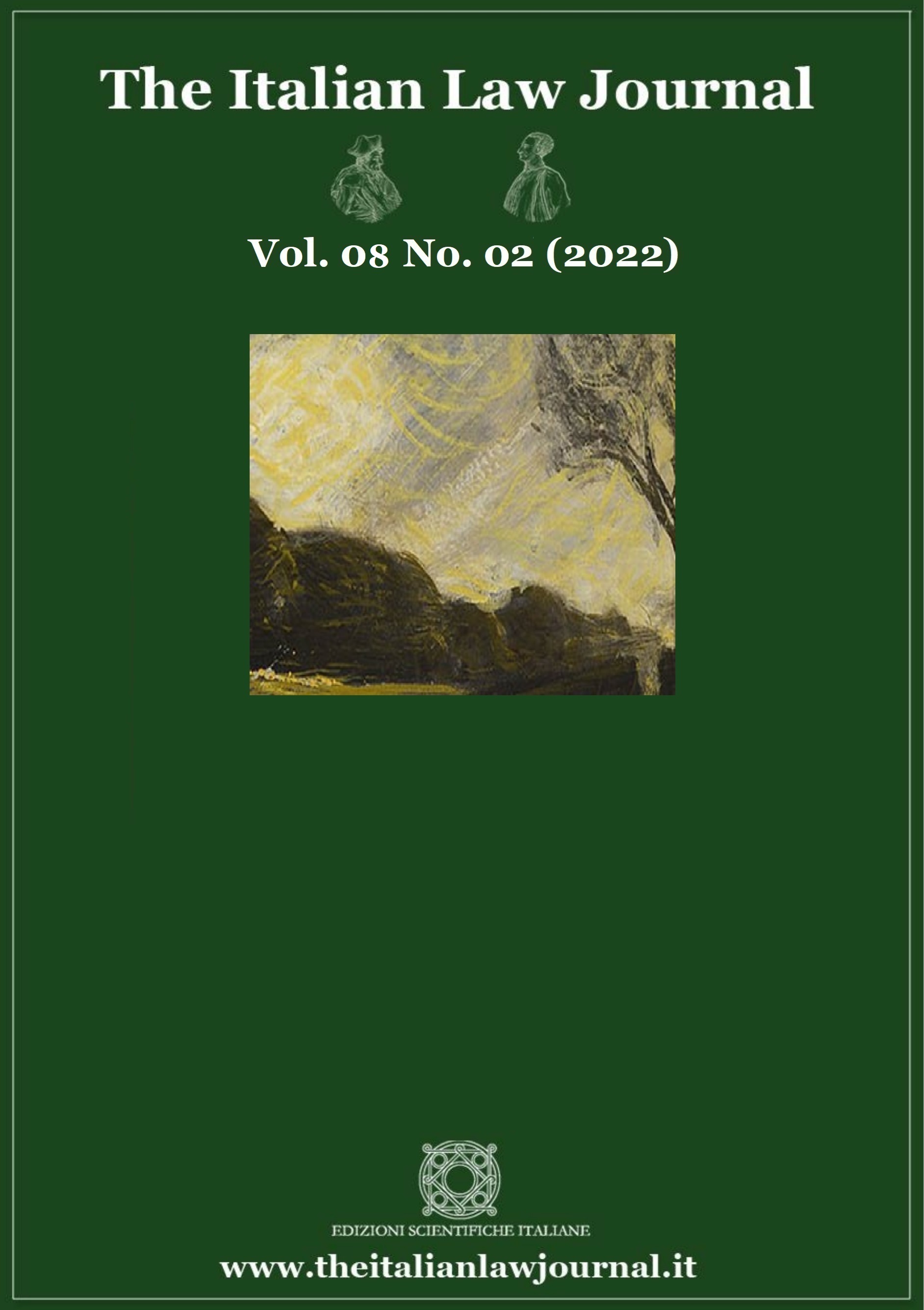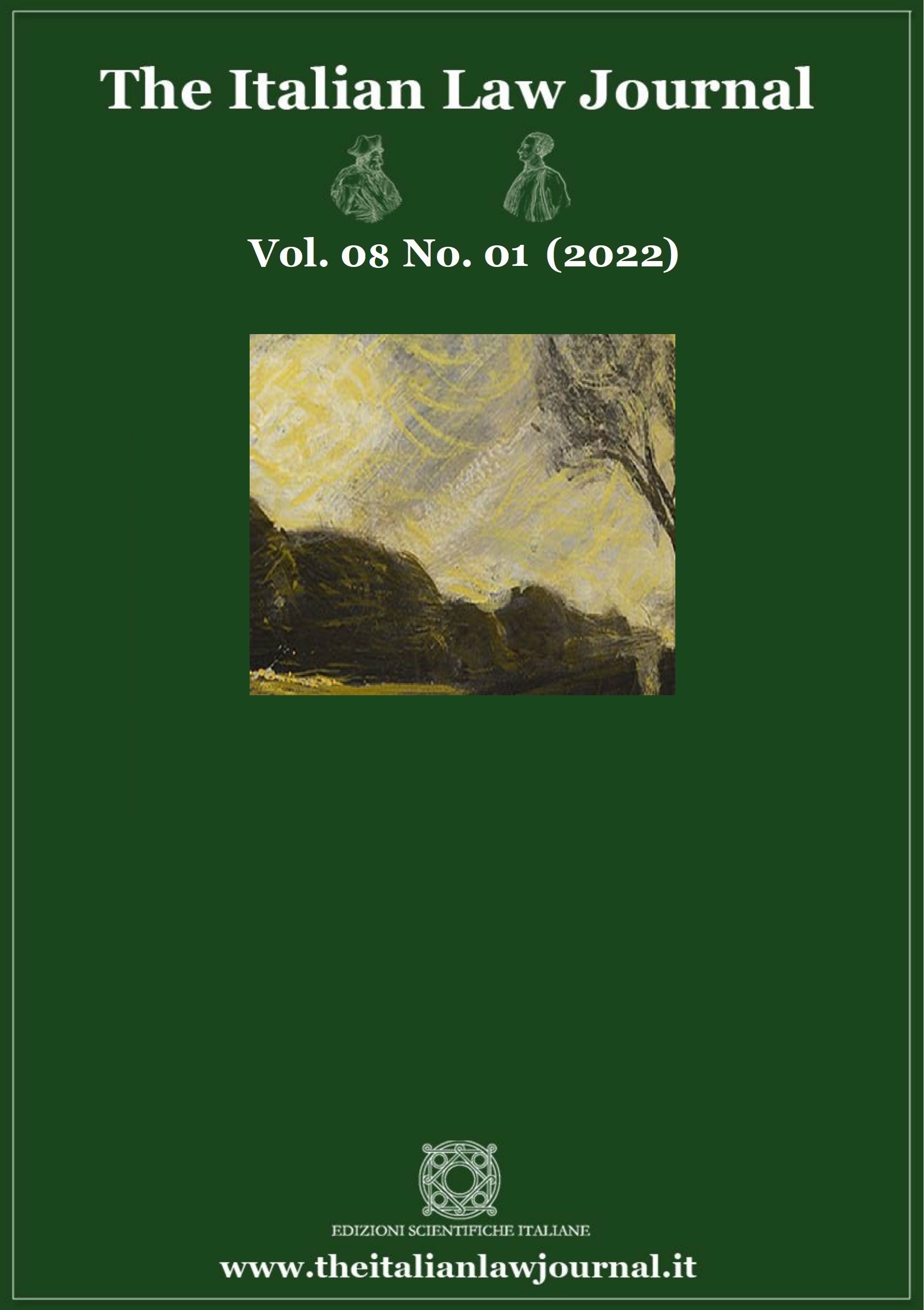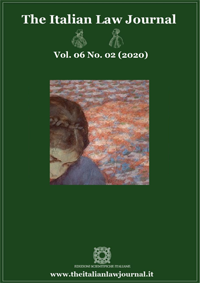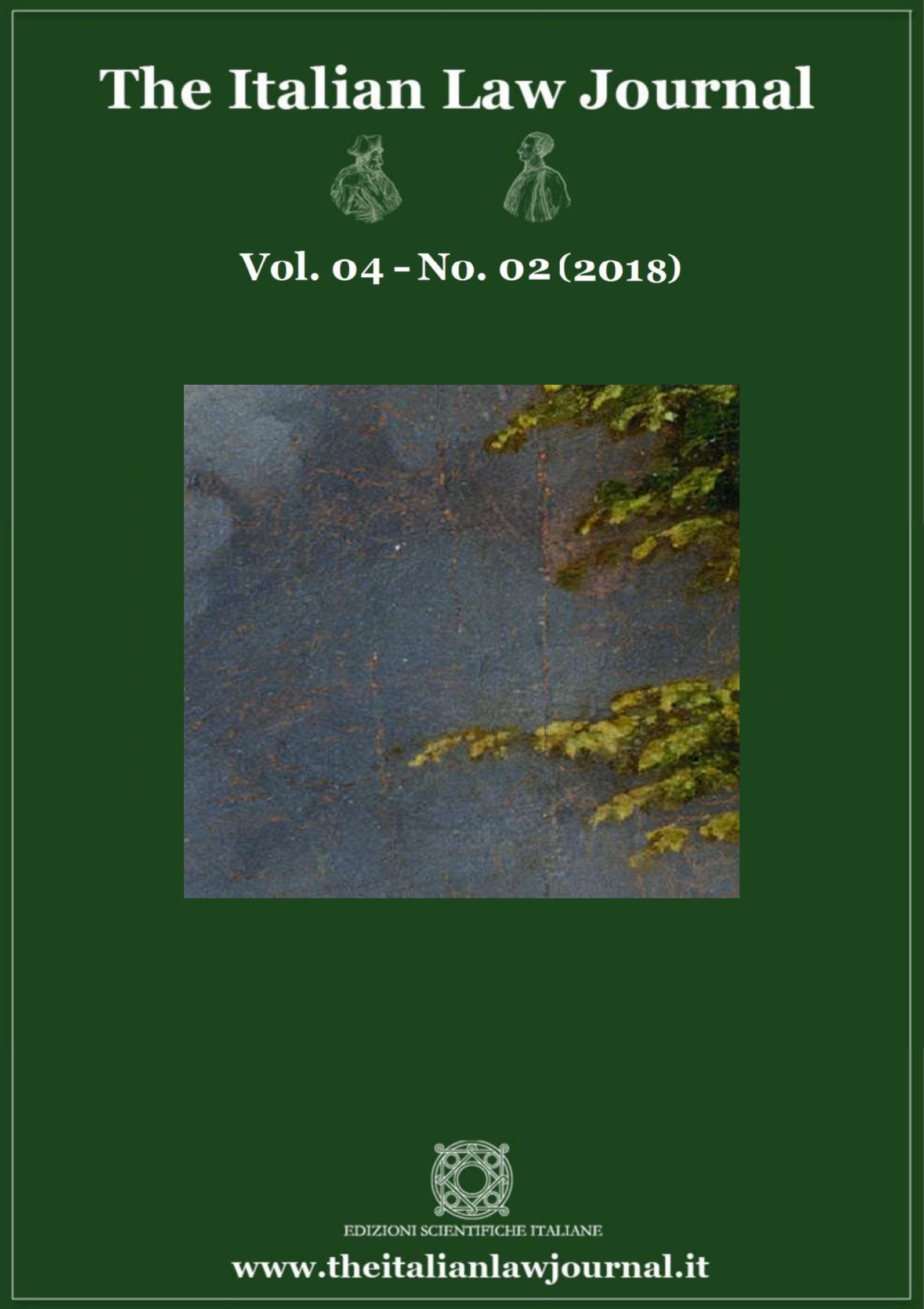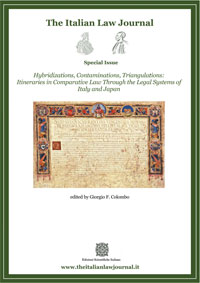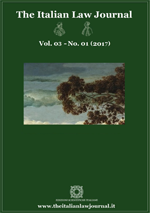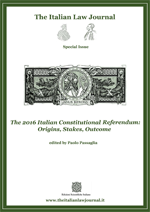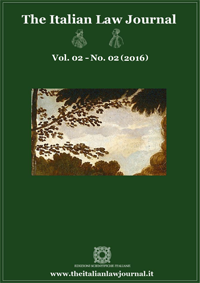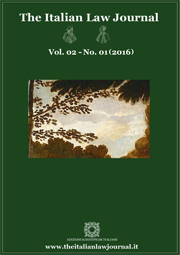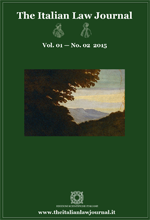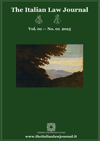4 THE ITALIAN LAW JOURNAL NO. 2 (2018) Foreign Capital in Chinese Telecommunication Companies: From the Variable Interest Entity Model to the Draft of the New Chinese Foreign Investment Law by Giulio Santoni The VIE (Variable Interest Entity) model allows offshore companies that control Chinese companies operating in restricted business areas, such as Internet operations, to be listed abroad. In fact, the Chinese legislator has excluded foreign investors from certain companies. Unlike legal systems, the criterion to determine the existence of foreign investments is the acquisition of shares. Therefore, in order to avoid restrictions imposed by Chinese laws applicable to foreign investments, offshore holding companies control the relevant Chinese companies through a bundle of contracts, rather than by acquiring their shares. This scheme has allowed Chinese companies operating in strategic industries to attract foreign investment, thus circumventing the strict provisions of the relevant Chinese Laws on Foreign Investments. At the same time, the VIE scheme has been strongly criticized for both the operational and regulatory risks that it poses. In this essay, I will analyze the regulatory and economic reasons that led Chinese companies to rely on such an opaque structure, through a brief comparison between the EU and Chinese legislation on foreign investments, in paragraph I. In paragraph II, we will discuss in depth the structure of the VIE model and provide some case studies. Finally, in paragraph III and in the conclusions, we will provide some insight into the Draft of a new Foreign Investment Law in China, a project that will finally unite and harmonize the major sets of rules on foreign investments in a sole piece of legislation. In these paragraphs I will also present some ideas on the effect that the adoption of this law might have on existing investments that adopted the VIE scheme. DOI 10.23815/2421-2156.ITALJ ISSN 2421-2156








